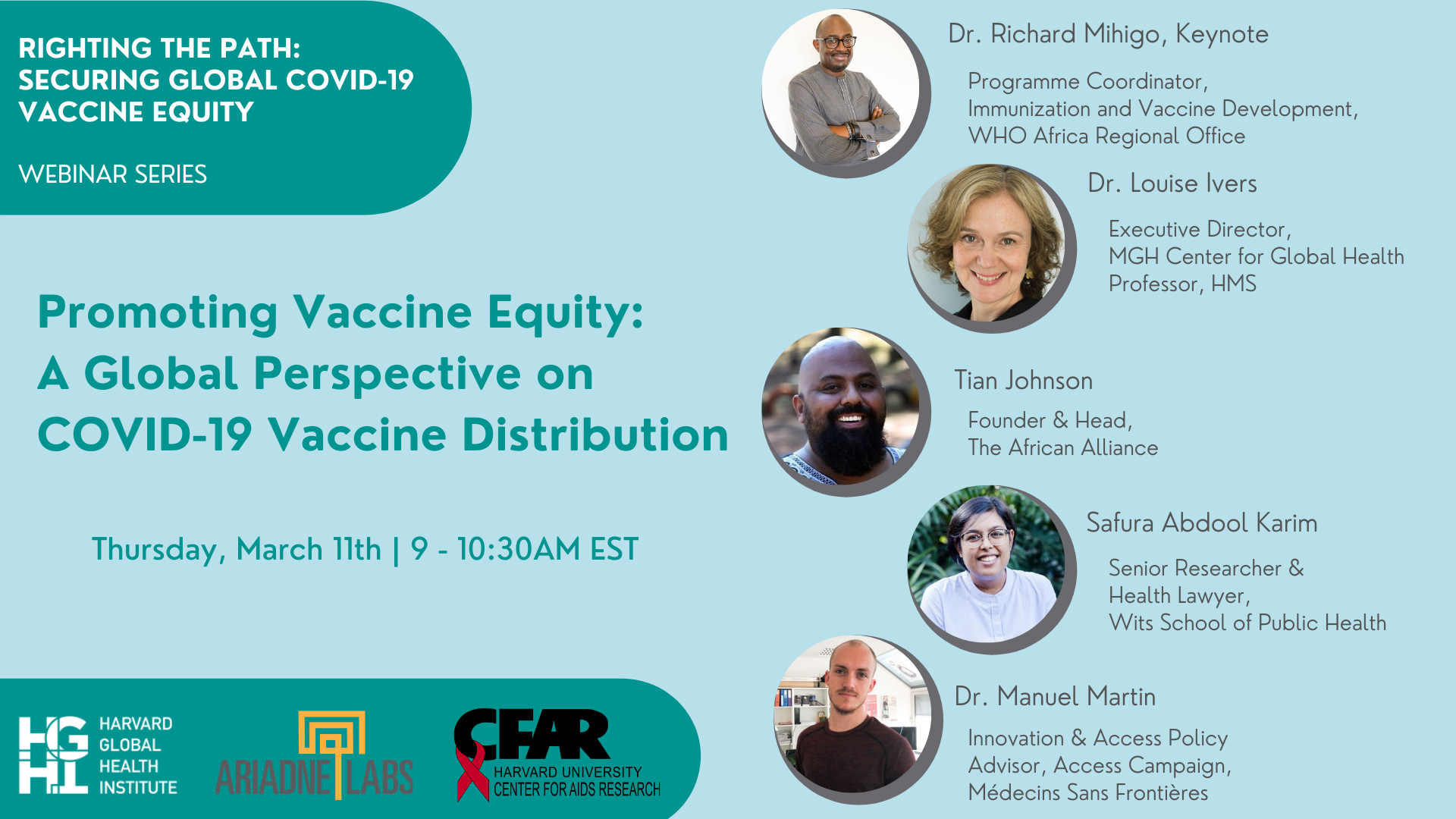With daily reported cases reaching approximately 12,000, Mexico is among the top 15 countries with known cases of COVID-19. This high rate of infection has challenged Mexico’s leaders to adapt and respond effectively while also forcing them to spend considerable time countering criticism of their efforts. Zoé Alejandro Robledo, Director General of the Mexican Institute of Social Security, will join Ricardo Hausmann, Rafik Hariri Professor of the Practice of International Political Economy at Harvard Kennedy School, to discuss the country’s experience with COVID-19, including both the successes and the many challenges its leaders have encountered as they seek to bring the crisis to an end. Thalia Porteny, postdoctoral fellow at the Lab on Research, Ethics, Aging and Community Health (REACH Lab), will offer intro remarks and will recite the Harvard Land Acknowledgement.
This conversation is part of a year-long, virtual discussion series: Crisis Leadership in a Pandemic: Lessons Learned in the Fight Against COVID-19, sponsored by the Program on Crisis Leadership and the Ash Center.
Zoé Alejandro Robledo earned his Masters in Law from the National Autonomous University of Mexico and also holds certificates from George Washington University and John F. Kennedy School of Government. He has served in several senior government roles including Senator for the State of Chaipas and Undersecretary of the Ministry of the Interior.
Free



